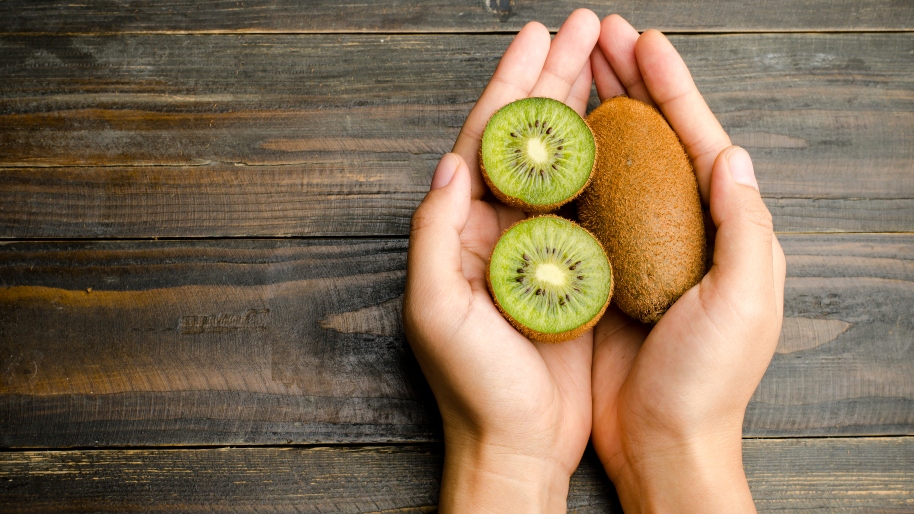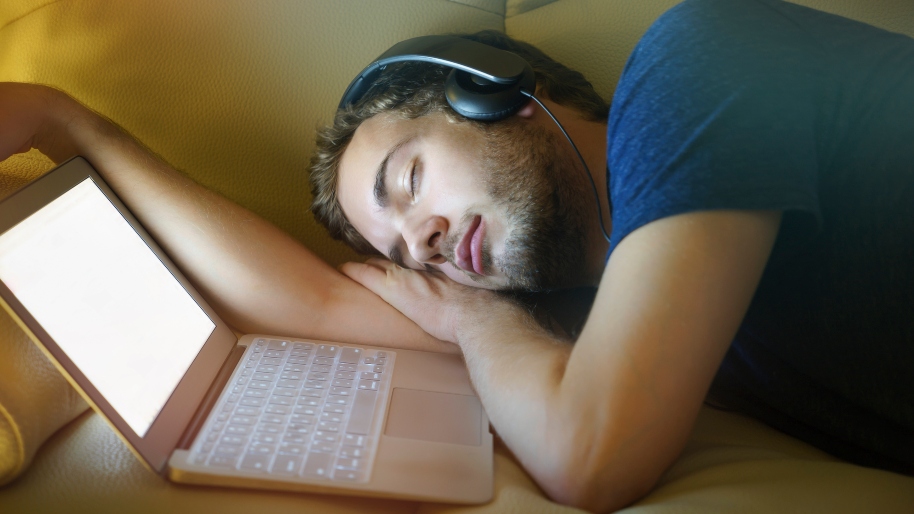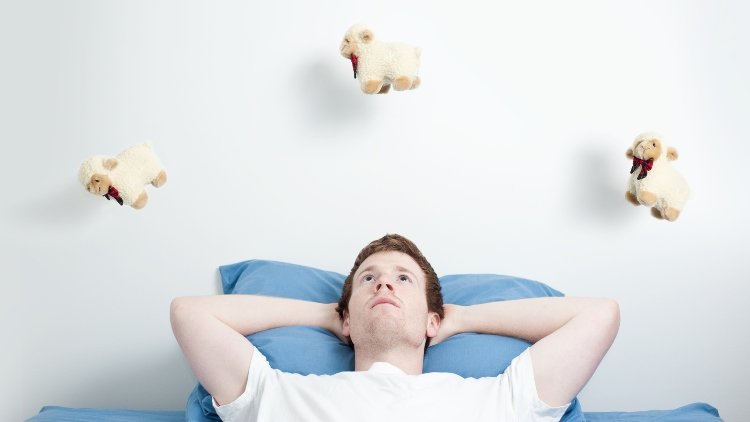Photo: Tristan Brazier (Getty Images)
Ever had one of those restless nights where nothing seems to help you get to sleep? Well, you’re not alone. One in four people will develop insomnia each year. We’ve all heard the old wives’ tales of how counting sheep or avoiding cheese late at night can help you get a proper night’s rest, but what if those techniques don’t actually work?
Log Off: This Tech Must-Have Causes Widespread Sleep Deprivation
We’ve unearthed some scientifically-backed research on what could actually help us get some shut-eye, especially in this age where we’re addicted to our phones and the internet. Some tactics are weird, yes, but you never know, they might just be the answer to your sleepless prayers.

1. Pull The Wool Over
Forget counting sheep, wearing wool is the key to a good night’s rest. A recent study suggests that wool clothing regulates body temperature and, most importantly, keeps us in the “thermal comfort zone.” Wearing woolen pajamas could add 15 minutes onto your nightly snooze. That seems completely worth the investment to us. However, make sure your bedroom is sleep-friendly, too, or it’ll all be for nothing.

2. Insom-NOM-nia
Apparently, kiwi fruit is not only nutritious and full of antioxidants, but it’s also good for getting some rest. Scientists found that eating kiwi before bed resulted in improved sleep patterns. Likewise, other studies have associated foods rich in melatonin like asparagus, cucumber, rice, walnuts, and flaxseed with a better night’s rest.

3. Make A Sleepy Soundtrack
One study found that listening to music for 45 minutes before bed resulted in a longer duration and an overall better quality of sleep. Music can influence our central nervous system, helping us to unwind after a long day. Choose music with a slow and stable rhythm, such as classical or acoustic, and let yourself relax. Steer clear of the heavy metal or hard house music.

4. Get Your Didgeridoo On
A 2005 study suggested that the infrasonic and ultrasonic frequency components found in a didgeridoo could have a positive impact on our health and sleeping conditions. By using the same circular breathing techniques used to maintain the didgeridoo sound for long periods of time, the Australian instrument could be used as a natural way of treating snoring and sleep apnea (when people repeatedly stop breathing during sleep). The breathing technique taught participants how to maintain airflow which, in turn, had a positive effect on getting some Zzzs.
Insomnia Be Gone: Design Hacks To Get You Some Rest

5. Vitamin D Is A Do
One study found that when participants were given vitamin D supplements, their quality of sleep vastly improved. Vitamin D helps us properly absorb calcium while strengthening bones. According to the American Osteopathic Association, over 50 percent of us could be deficient in the D, which could explain a terrible night’s sleep. Further research is needed to back up the claims, but it certainly can’t hurt to add a bit more vitamin D to your diet, so stock up on mackerel, soy milk, and egg yolks.
While we’re on the subject of sleep, here’s how you can tackle those early mornings.
What are your tried and tested methods for getting some sleep? Let us know in the comments below!









